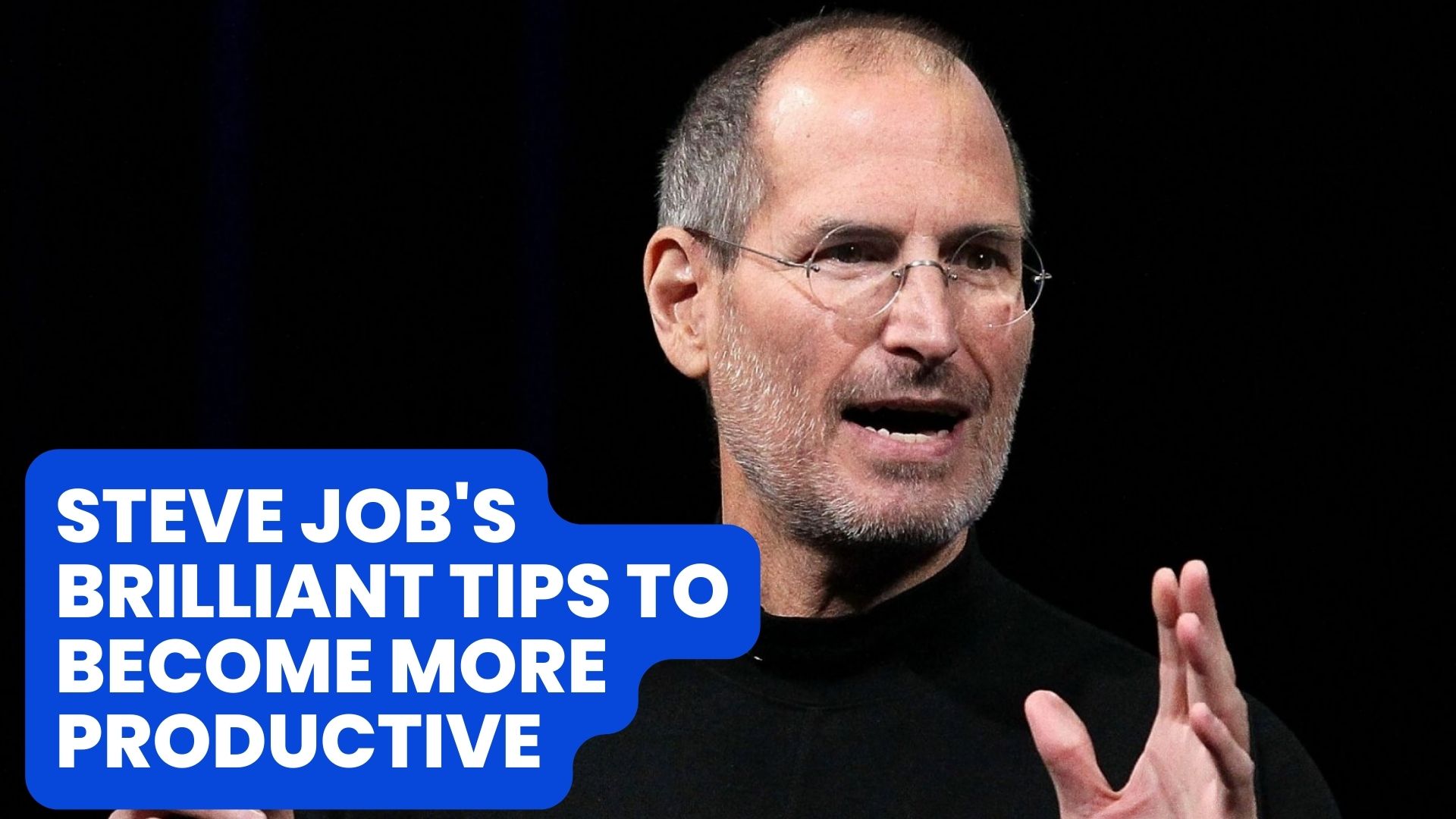Entrepreneurs have their own strategy in dealing with their time efficiently. One entrepreneur’s management style may differ from another entrepreneur’s management style and that’s because several factors affect the way people take on responsibilities. Factors like age, culture, stress-tolerance, and motivational level considerably affect our productivity. But for so long as you get things done—with a quality output albeit time restrictions— you have the reign to manage your tasks using your most convenient approach. Take the late Steve Jobs, for example, personally, he didn’t like to juggle between massive projects at once. He liked to dwell on big projects discretely because he believed that rendering quality outputs is all about staying focused. No matter what your management style is, “focus” should always be one of your core values. Steve Jobs once shared his piece of advice: "People think focus means saying yes to the thing you've got to focus on. But that's not what it means at all. It means saying no to the hundred other good ideas that there are. You have to pick carefully. I'm actually as proud of the things we haven't done as the things I have done." From a perspective, being focused is as easy as being loyal to the task you are doing. But from another perspective, being focused means missing out on other opportunities and ideas you have in mind. While staying focused is important, picking where to focus on is trickier yet as substantial. Jobs didn't want to deal with his tasks by spreading himself thin or multitasking in order to cater to abundant opportunities. For him, focusing on a single-task maximized his efficiency better while honing his problem-solving and decision-making skills. Aside from being focused, he shared the three things you should avoid in order to maximize your productivity.
1. Don’t do all the work yourself
Steve Jobs believed that delegating the tasks will get as much done as possible. It may be challenging for some who are the controlling type but it’s a step that one should consider. After all, success is all about team-work. The first step to delegating tasks effectively is to hire bright people. Next is to step back and let them do the work. Jobs believed that "it doesn't make sense to hire smart people and tell them what to do. " We hire smart people, so they can tell us what to do," he added.
2. Don’t give in to interruptions and distractions
According to a study, interruption costs the U.S economy $588 billion a year. Interruption culture can jeopardize a companies’ profit. Furthermore, employees waste 40%-60% of their time due to interruptions. That’s about 3-5 hours a day. Technology has become the most convenient tool to ever exist in the workplace realm. But if used erroneously, it can inverse its purpose and hurt our productivity. You must control the technology rather than letting it control you. Don’t jump into your email at the start of the day. Turn off your notifications and keep a sharp focus on the important tasks.
3. Don’t set unrealistic goals
As much as we want to reach the pinnacle of success, we might set an eye on bigger goals that seem too good to be true. We should be pragmatic about what and how much we put on our plates. Plan your goals carefully and analyze whether it is SMART—specific, measurable, attainable, realistic, and timely. To ensure success, dividing a big goal into smaller tasks is an attainable way of dealing with it so you don’t have to feel burdened by its weight. To this date, we still consider Steve Jobs as one of the best innovators of our time. His ideas and innovations raised the bar for the entire industry. All of Apple’s continuous glory won’t be made possible if not for keeping track of their productivity and keeping an eye on a task— individually but surely.

